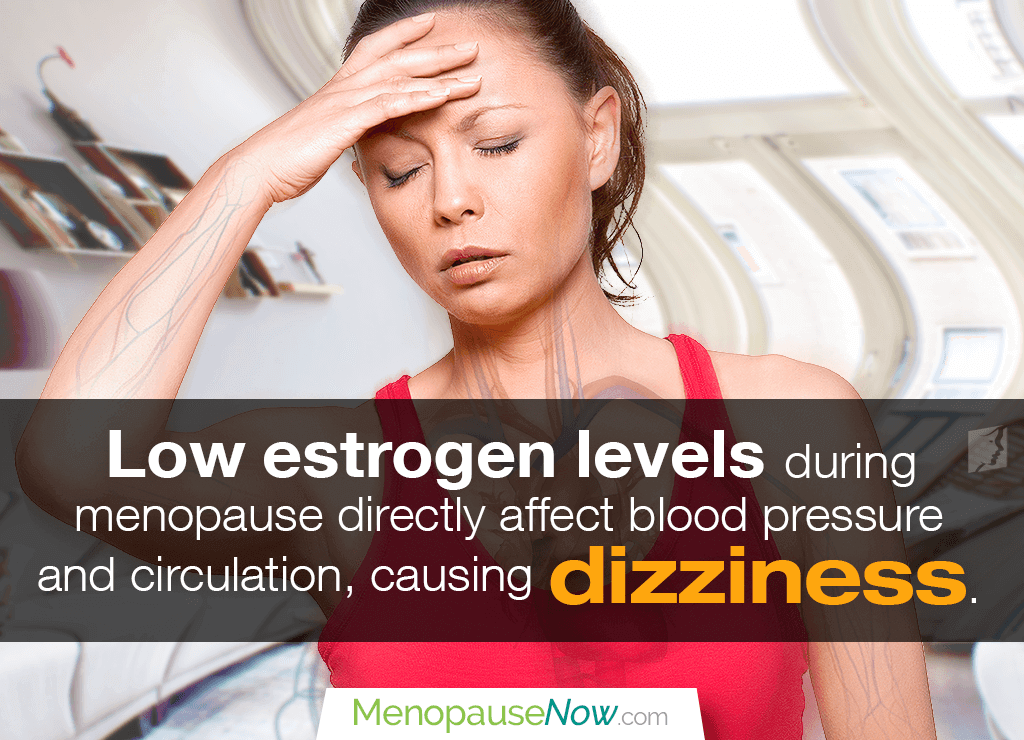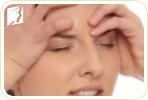Episodes of dizziness can be disconcerting, especially when the cause is not fully understood. For many women going through menopause, however, their experiences are most likely triggered by the hormonal imbalance the life transition occasions. Read on to discover the direct and indirect influences hormones have on dizziness in addition to other causes and recommendations.
Hormonal Causes of Dizziness
Hormones have direct and indirect influences on a menopausal woman's equilibrium in the following ways:
Hormones Affect Blood Vessels
Low estrogen levels during menopause directly affect blood pressure and circulation, and a restricted flow of blood and oxygen to the brain can create the loss of equilibrium, which women experience as dizziness. Consequently, by balancing estrogen levels, women might find their circulation improves and, with it, their sense of balance.
Hormonal Imbalance Causes Other Menopause Symptoms
In addition to having a direct influence on balance, hormone alterations can lead to other symptoms that provoke dizziness. Hot flashes, anxiety, fatigue, and panic disorder are all menopause symptoms known to induce dizzy spells.
Other Causes of Dizziness and Loss of Balance
While hormonal imbalance can cause dizziness in women who are passing through the menopausal transition, the symptom can also be due to:
- Anemia
- Medication side effects
- Dehydration
- Overheating
- Low blood sugar or blood pressure
- Migraines
- Ear infections
- And more
Recommendations
Making small lifestyle changes such as engaging in regular exercise and improving one's diet to evade any nutritional deficiencies can help minimize the occurrence of dizzy spells. However, for long-term success, women are recommended to treat the hormonal imbalance at fault. Click on the following link about natural and effective dizziness treatments that can reduce episodes of disorientation and get you back on your feet in no time.
Sources
- Haybach, P.J. et al. (2006). Hormones and Vestibular Disorders. Retrieved August 14, 2019, from https://vestibular.org/sites/default/files/page_files/Hormones%20and%20Vestibular%20Disorders_0.pdf
- Mayo Clinic. (2019). Dizziness: Symptoms & causes. Retrieved August 14, 2019, from https://www.mayoclinic.org/diseases-conditions/dizziness/symptoms-causes/syc-20371787
- Terauchi, M. et al. (2018). Dizziness in peri- and postmenopausal women is associated with anxiety: a cross-sectional study. BioPsychoSocial Medicine, 12, 21. doi: 10.1186/s13030-018-0140-1



